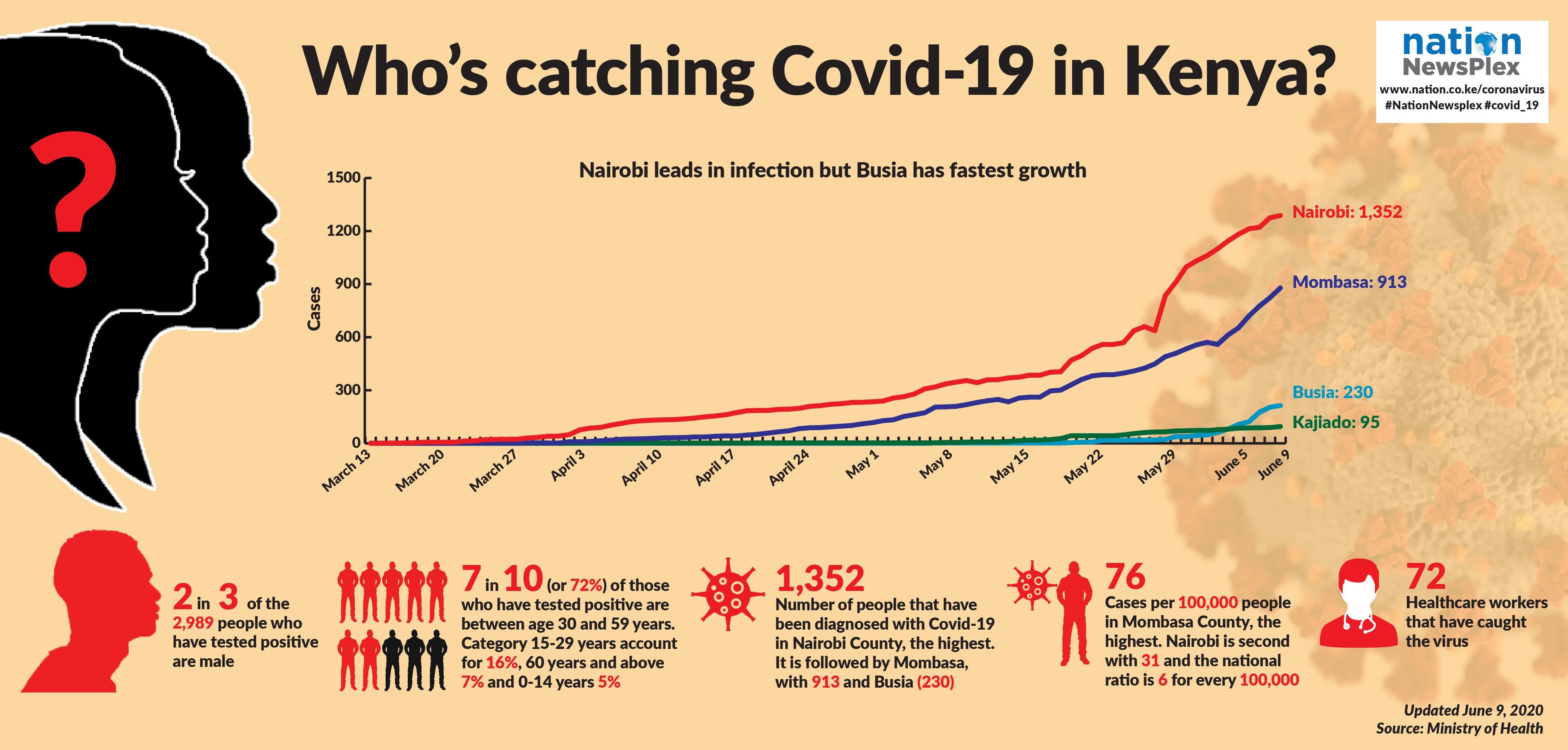Locals fight to keep schools open in North Eastern

What you need to know:
- In August, the TSC yielded to pressure and transferred 886 teachers who had declined to return to North Eastern away from the region.
- The situation has meant students from the region are lagging behind in the syllabus, and Education Cabinet Secretary Prof Jacob Kaimenyi recommended that candidates in these regions sit their national examination in 2016.
- Most schools in Mandera County may have to drop subjects such as Computer Studies due to lack of qualified teachers to handle them.
Local communities have stepped in to support schools in Northeastern where learning was paralysed early this year, in some cases by hiring Form Four leavers.
The support came after all teachers from other parts of Kenya who were employed by the government fled, fearing attacks by Al-Shabaab.
Garissa County Director of Education, Mr Adhan Sheikh, said 25 schools in the county, especially those near the border that were left without Teachers Service Commission (TSC) teachers were on the verge of closing down, until locals rallied to salvage the situation.
“No school was completely closed, nevertheless in some all teachers left but the communities around organised themselves to ensure they stayed opened. They hired Form Four leavers to keep schools running,” he said.
The county has 243 schools according to the 2014 Basic Education Statistics Booklet by the Ministry of Education. This means one out of every 10 schools was left without government teachers.
Education officials in Mandera and Wajir counties confirmed that some schools opened a month late for the second term, but none remained closed throughout the term.
FORCED TO TRANSFER
In Fafi Sub-County which is the most severely affected by the education crises in Garissa County according to the TSC, only six out of 93 teachers returned to their respective schools, while in Garissa Town, less than 15 primary teachers have resumed duty.
The figures fluctuate depending on the state of security in these regions. In August, the TSC yielded to pressure and transferred 886 teachers who had declined to return to North Eastern away from the region.
They reported to new stations in Kitale, Mombasa, Lamu, Kilifi, and Turkana counties after a protracted court battle with their employer, who had declined to move them.
According to TSC Head of Communication, Kihumba Kamotho, after advertising positions to replace those teachers who had refused to go back, the commission got good responses from teachers ready to work in the area.
However, the problem was worsened by the April 2, 2015, terror attack on Garissa University College, where 148 students were killed. The TSC was left with the burden of paying more than 1,400 teachers who were not working, which cost taxpayers close to Sh350 million over seven months.
INTENSIVE CAMPS
The situation has meant students from the region are lagging behind in the syllabus, and Education Cabinet Secretary Prof Jacob Kaimenyi recommended that candidates in these regions sit their national examination in 2016.
But his recommendation was resisted by many, including the Uwezo Kenya Regional Coordinator John Mugo, who said postponing the exams to 2016 would mean a double charge to parents who would have to pay an extra year of school fees.
Instead, he recommended the ministry organise “intensive camps” where students are taught in a "crash program" that would enable them to sit the national examinations with the rest of the country.
“Intensive camps will help the students to catch up with their colleagues in other parts of the country on the contents that they need to be ready to sit the Kenya Certificate of Primary Education and the Kenya Certificate of Secondary Education. Otherwise, they can get special examinations, special not in terms of content but in terms of setting,” said Dr Mugo.
He said since the students have lost a lot of time out of class, their exams can be pushed to December as they catch up with the rest of the candidates. But that appears not to have happened as KSCE candidates are currently sitting exams along with the rest of the country with no special provisions made for them.
‘ANOTHER DROP OF FUEL’
Leaders from the region say employing untrained teachers is their only option. They also say the teachers’ strike has made the existing situation worse. Wajir South Member of Parliament Abdullah Diriye says that the teachers’ unions should come to an agreement soon on the pay dispute with the TSC.
“For us in North Eastern, the just-ended teachers’ strike is yet another drop of fuel [to the already biting education crisis]. We have had a year of education crisis, it is a monster that need to be stopped,” Mr Diriye said.
Mandera County Education Director Ismael Barrow said schools along the Kenya-Somalia border, mostly in Omar Jilo, Fino, Arabia, Lafey and Alungu areas are most affected, as teachers have completely deserted them. Only headteachers report to school.
Most schools in Mandera County may have to drop subjects such as Computer Studies due to lack of qualified teachers to handle them. Mr Barrow said the students would not be in a position to sit practical exams as they did not have teachers.
For the second term, TSC put the number of teachers who did not show up since schools reopened at 401, including 234 primary teachers and 167 secondary teachers.






